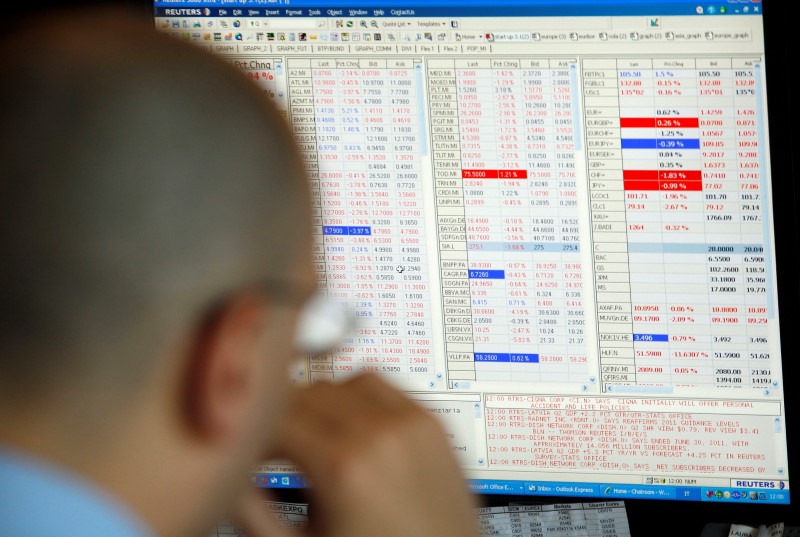European equity strategists at HSBC Global Research said UK shares were “unloved, unsuited and undervalued”, citing several key factors that led to this market state.
The UK stock market has become less attractive, both as a platform for upcoming IPOs and as a viable market for current issuers, according to HSBC. According to their analysis, a number of wider factors contributed to this result, including the composition of UK indices and global trends in bond yields, “but in our view the main reason is the unintended consequences of government policy and regulation over the past few decades.” wrote HSBC strategists.
The abolition of the dividend tax credit by the Labor government in 1997, in particular, deprived defined benefit (DB) pension schemes of approximately £5 billion a year, adding to the financial burden on companies of maintaining these pensions.
This initial policy shift caused a number of detrimental consequences, including worsening pension liabilities as bond yields fell, ultimately making DB schemes unsustainable.
In the early 2000s, the creation of the Pensions Regulator marked a significant shift, increasing the shift away from equities. The regulator has placed a legal obligation on DB schemes to align their obligations “in a manner consistent with the nature, timing and duration of expected future pension benefits”, according to its website.
The directive has resulted in DB pension schemes consistently moving away from equities and investing in bonds over the past two decades, HSBC said.
According to the Capital Markets Task Force (CMIT), by 2022 the proportion of UK-listed shares owned by pension funds and insurance companies has fallen from 52% in 1990 to just 4%, reflecting a staggering withdrawal of £1.9 trillion sterling from the domestic stock market. .
remove advertising
.
“Against this overhang, it is not surprising that UK shares have underperformed other major markets for many years,” the strategists commented.
The UK stock market faces other fundamental challenges, HSBC said, including a decline in its role in global indices, with the weight of the FTSE UK index in the FTSE All World index falling from 10% in 2000 to around 4% now.
In addition, Russia’s heavy dependence on sectors such as finance, energy and commodities, which are dependent on commodity prices and interest rate movements, creates additional risks. In contrast, technology makes up just 1.3% of the index.
“Finally, given that domestic DB pension funds are no longer interested in UK shares in any
In a significant way, UK markets are highly dependent on the views of foreign
investors, especially from the USA,” noted the HSBC team.
“American funds are the largest owners after British ones. The problem is that a significant proportion of UK equities do not meet minimum size and liquidity thresholds,” they added.
Looking ahead, strategists have identified three reasons for optimism about the UK market.
Firstly, by any measure the UK market is undervalued, which not only limits downside risks, but may also stimulate increased mergers and acquisitions. Secondly, UK pension funds have exhausted their tradable assets, effectively eliminating a long-standing market oversupply. Finally, the current environment of rising bond yields, rising commodity prices and a stronger US dollar “are all currently favorable factors for UK markets”, strategists say.
In terms of sector positioning, HSBC strategists are taking a balanced approach, including both cyclical and defensive stocks in their allocations. They acknowledge that current market expectations may be overly optimistic; however, a positive shift in the global manufacturing situation along with rising commodity prices could benefit specific cyclical sectors.
remove advertising
.
“We still favor 0, but this decision is very well balanced as most of the risks associated with this view have emerged in recent months,” the strategists added.


